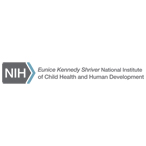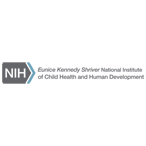Prenatal intervention reduces learning deficit in mice
Mice with a condition that serves as a laboratory model for Down syndrome perform better on memory and learning tasks as adults if they were treated before birth with neuroprotective peptides, according to researchers at the National Institutes of Health.






 BACK TO TOP
BACK TO TOP